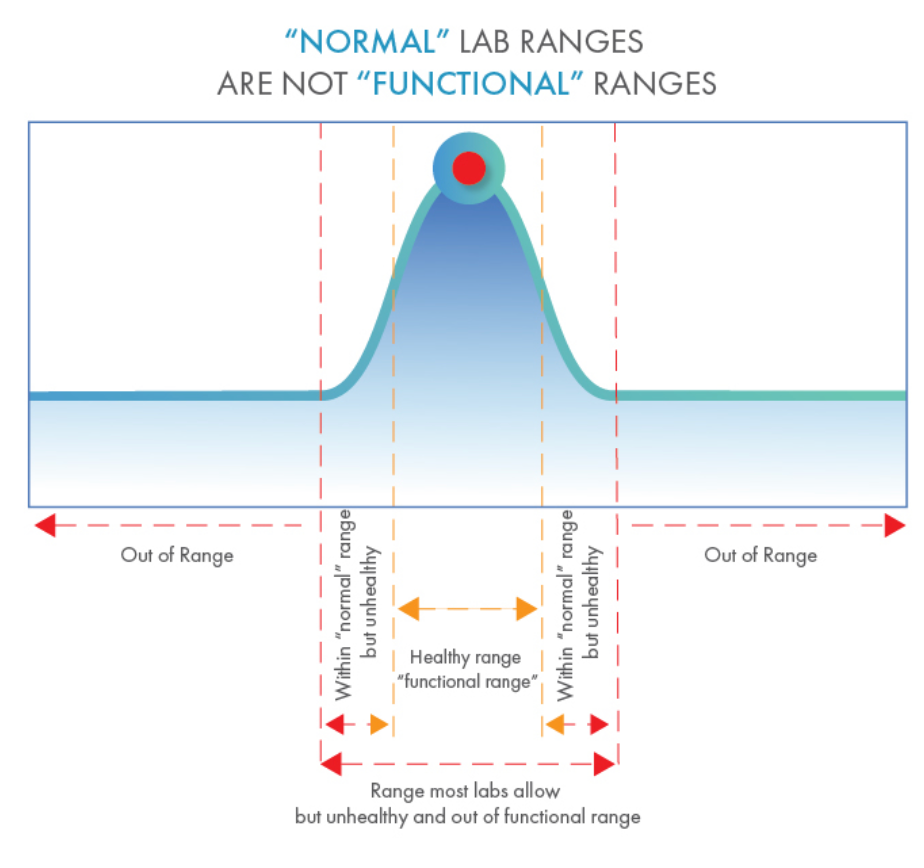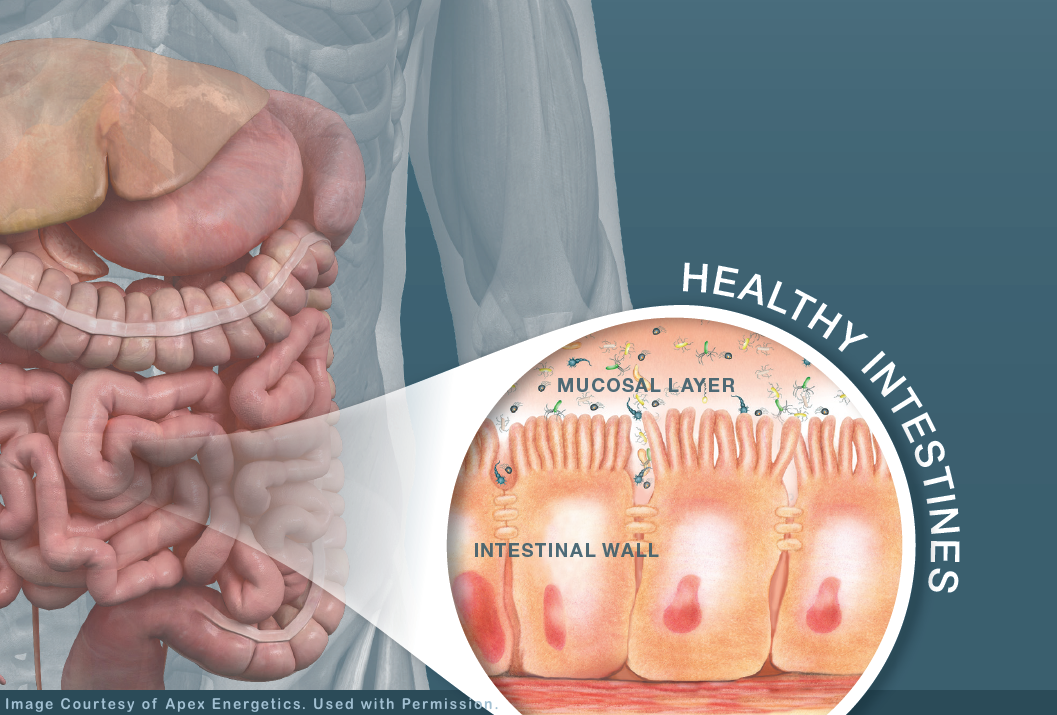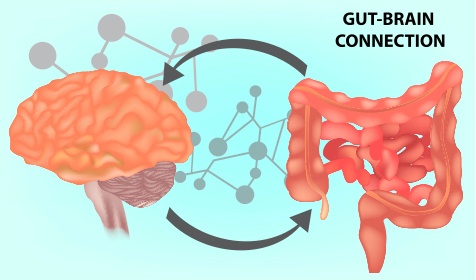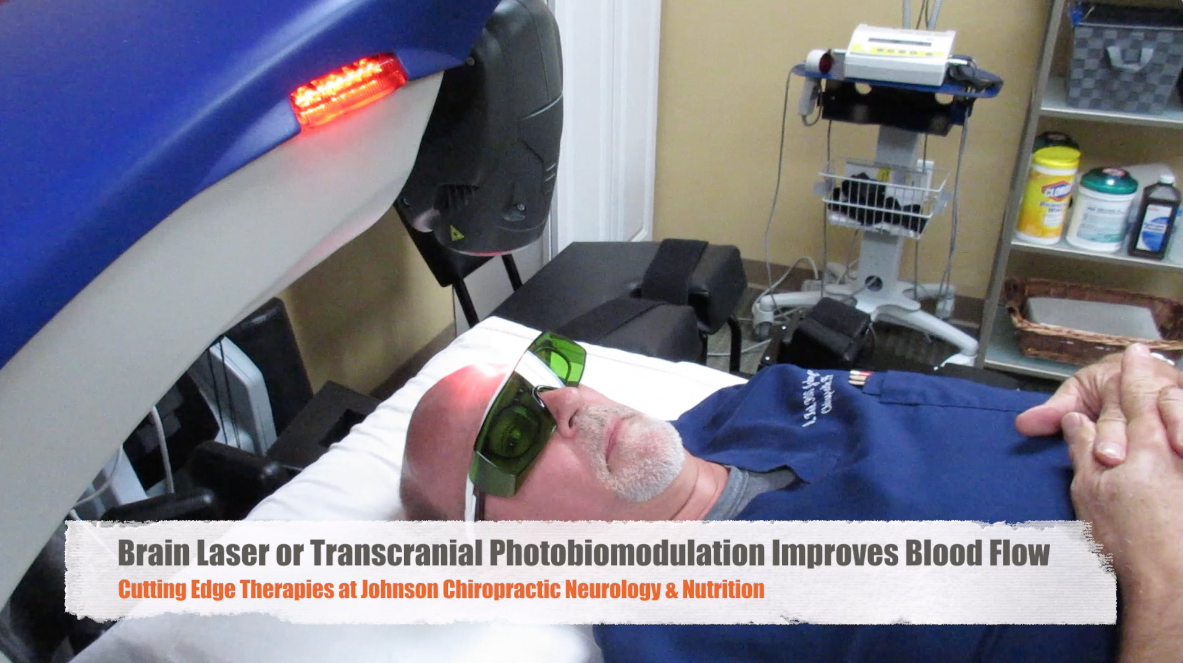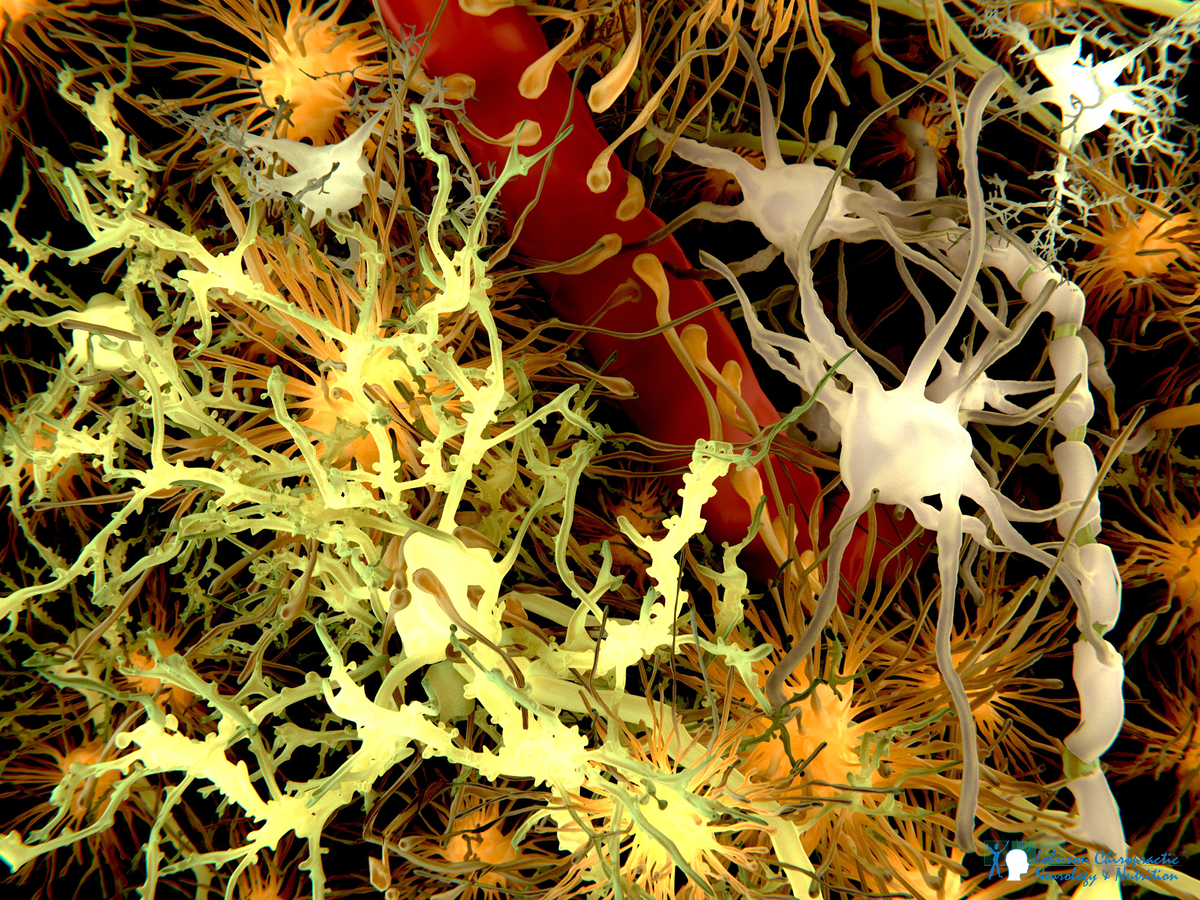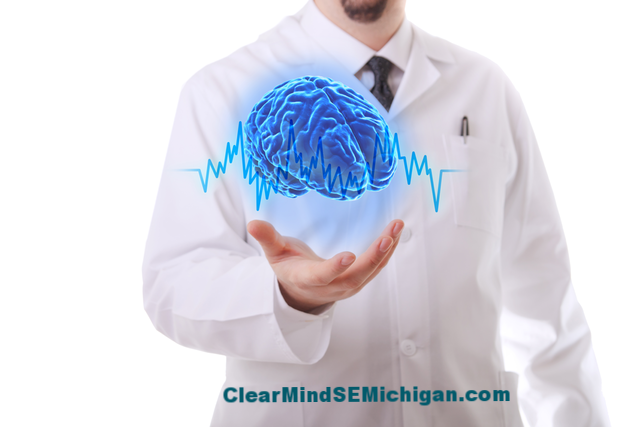What is the vagus Nerve?
The vagus nerve, known as the 10th cranial nerve, is a vital component of our autonomic nervous system. Responsible for rest and repair functions within our body's intricate neural network, this parasympathetic nerve emerges from the brainstem above the spinal cord alongside the other 11 cranial nerves. Its role in maintaining balance and regulating various bodily functions is crucial for overall well-being.
The cranial nerves are essential components of our body, playing a crucial role in transmitting sensory information, such as the sense of smell through the first cranial nerve to the brain's olfactory region. The trigeminal nerve, also known as the fifth cranial nerve, branches out to supply sensations to the face, head, and mucous membranes, while also providing motor impulses for chewing. This nerve is responsible for providing sensation to areas like your teeth, jaw, and face. During a dental visit, when numbing is administered before a procedure, a branch of this important nerve is anesthetized.
An intriguing fact about the vagus nerve is its unique journey from your head all the way down to your intestines, making it the only nerve to venture outside of the cranial region. This long and intricate nerve, among the 12 pairs of cranial nerves, has a significant impact on various parts of the body, including the brain, neck, torso, tongue, pharynx, heart, and gastrointestinal system. With sensory, special sensory, motor, and parasympathetic functions, the vagus nerve plays a vital role in regulating skin sensations, taste perception, muscle movements, and smooth muscle activity in vital organs like the trachea, bronchi, and gastrointestinal tract. The vagus nerve also plays a vital role in reducing inflammation and enhancing immune function.
Read More


